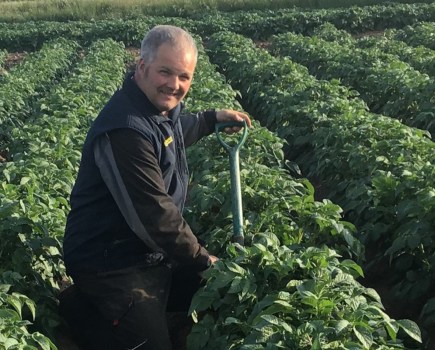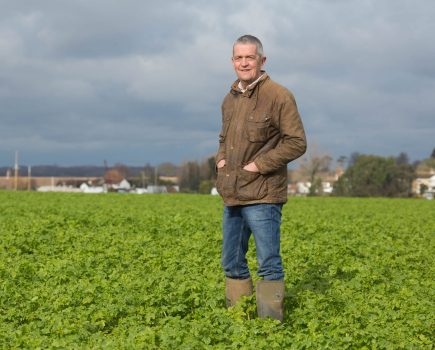 In my last piece I paid tribute to Henry Plumb who died in April. A crumb of comfort in the news of Henry’s death was that we were lucky to have had him until the grand age of 96 in remarkably good health. I’m very keen not to turn this column into a regular obituary piece but this month I feel I must make mention of Caroline Drummond who passed away in May. In contrast to Henry, Caroline was taken from us much too young. Her death was one of those devastating bits of news that stopped me in my tracks.
In my last piece I paid tribute to Henry Plumb who died in April. A crumb of comfort in the news of Henry’s death was that we were lucky to have had him until the grand age of 96 in remarkably good health. I’m very keen not to turn this column into a regular obituary piece but this month I feel I must make mention of Caroline Drummond who passed away in May. In contrast to Henry, Caroline was taken from us much too young. Her death was one of those devastating bits of news that stopped me in my tracks.
I knew Caroline and worked with her on a number of projects for many years. I remember in particular the LEAF ‘Speak Out’ initiative from twenty years ago. It came on the back of the dark days of BSE and the Foot and Mouth pandemic, when British agriculture was at a PR low with the green lobby turning all its guns on farming and accusing it of every environmental vice imaginable.
‘Speak Out’ encouraged farmers to be more proactive when it came to positive communication with the non-farming public. It was about showcasing the good work farmers do when it comes to looking after the countryside and looking after livestock. I like to think ‘Speak Out’ helped the industry turn a corner rather than continue to watch like rabbits in headlights as its reputation headed for the shredder.
As an initiative ‘Speak Out’ was typically Caroline – relentlessly positive and always good fun. I’ll miss Caroline dearly as will many others in the industry. The collective remorse is understandably palpable but while we didn’t have her for nearly long enough, it’s time to remember how she was such a force for good that we all benefitted from.
From GM 2002 to GE 2022
The question is whether gene editing is in the same place as GM was twenty years ago. The key difference is that with GE you move genes around in the plant, with GM you introduce genes from other species.
Our government seem convinced this puts GE in a different category to GM, thereby we have a policy acceptance it justifies a supportive regulatory environment to help it take root as a technology in the UK. Twenty years ago I couldn’t see much wrong with GM, and that personal view is possibly vindicated by the proliferation of GM crops over billions of hectares around the world without any of the doomsday scenarios and scare stories being thrown around in the early 2000s proving in any way credible.
But crucially what GM never got was consumer confidence. While consumers are happy to wear the GM cotton or eat the meat from livestock fed imported GM protein, the rubicon few wanted to cross was actually directly eating the produce of GM crops. That fact stuck in the consumer claw. Twenty years on, we still don’t grow GM crops in the UK, even if we do import them by the Panamax boatload to feed to British livestock or to purchase for our cotton underwear and luxury bed linen.
So even if the UK government is keen to allow GE technology to thrive on our farms, for me the jury is still out when it comes to the commercialisation of GE crops. The brutal reality is that as farmers, we can’t just expect consumers to buy what we want to grow. It’s more a case of having to grow what consumers want to buy, no matter how irrational or prejudiced those consumer preferences and buying habits might be.
Having said that, I suspect it’s actually the retailers who hold the key that will unlock the GE genie from its laboratory bottle. If they are prepared to stick it on their shelves without too much red warning labelling then I suspect their customers will buy it, especially if it comes with some sort of taste or nutritional benefit. But that’s a decision the grocers have yet to make. Until then it’s watch that space.
Guy Smith grows 500ha of combinable crops on the north east Essex coast, namely St. Osyth Marsh – officially the driest spot in the British Isles. Despite spurious claims from others that their farms are actually drier, he points out that his farm is in the Guinness Book of Records, whereas others aren’t. End of. @essexpeasant




